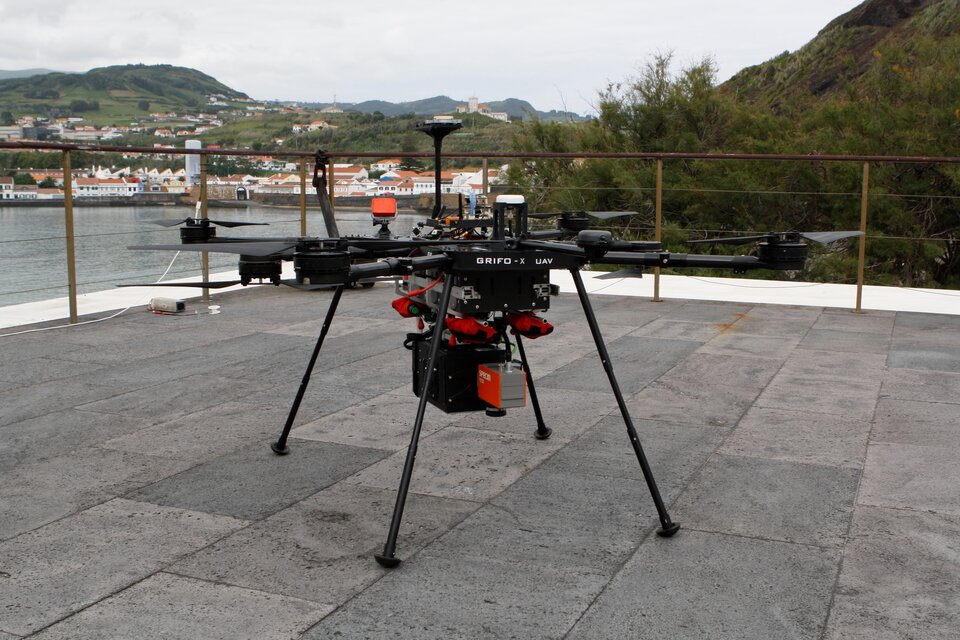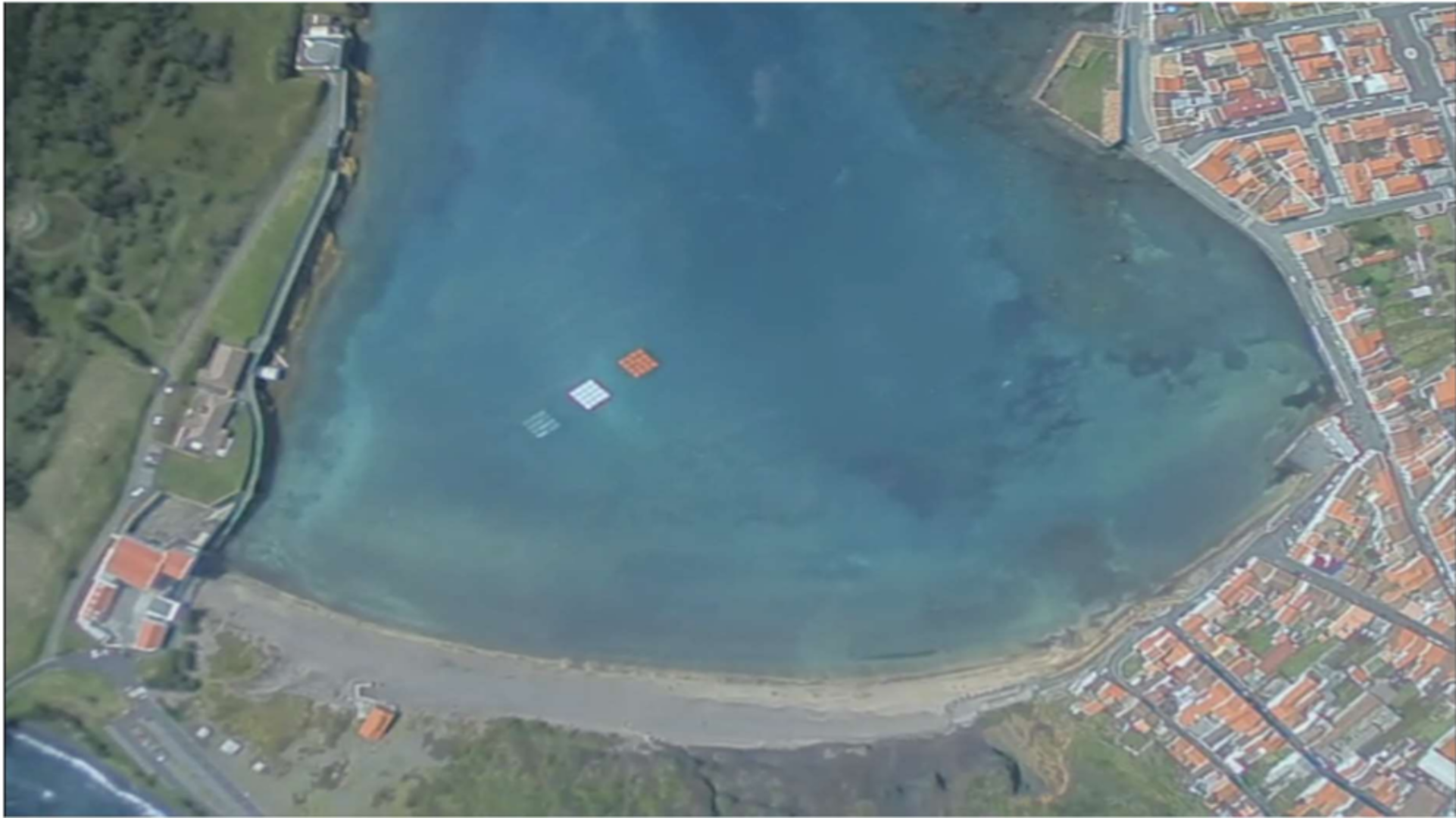Developing the technology needed for remote sensing marine litter
Marine litter causes enormous damage to ecosystems and has become a concern for human health, since plastic has been found entering the food chain. To try to solve this, research and industrial communities are now working on systems for detecting and/or capturing marine litter debris. Satellite-based detection approaches, in particular, are still in the early stage of their development and need to be validated with ground truth data and observations.
An activity with GSTP Element 1 and Inesctec, Portugal, has developed a spectrometer could use to detect plastic marine litter from drones or planes.
Marine litter is divided into four classes, given its size, and as it is affected by UV light, water and other environmental factors it fragments into smaller parts. Exposure to direct sunlight, or the protection made by water or sediments, can significantly change the appearance and longevity of the marine litter in the ocean.

Hyperspectral cameras were mounted to two different aircraft for the study. A total of 32 samples of the most common plastic items known to be floating offshore in the Atlantic Ocean were collected. The samples included pieces of fishing nets and ropes, fragments of polypropylene and polyethylene and PET bottles and placed into three different targets (100 m2 each) for the aircraft to fly over in Porto Pim bay, in Faial Island Azores.
The activity placed three 10x10m targets covered in different types of common plastics into a bay in the Azores (see main image), and was able to identify the relevant spectral bands a spectrometer would need for the detection of this plastic marine litter.
It also identified the spectra datasets at different altitudes and the data processing techniques and algorithms needed for the detection of plastic marine litter.
4000129488 completed in 2021.


